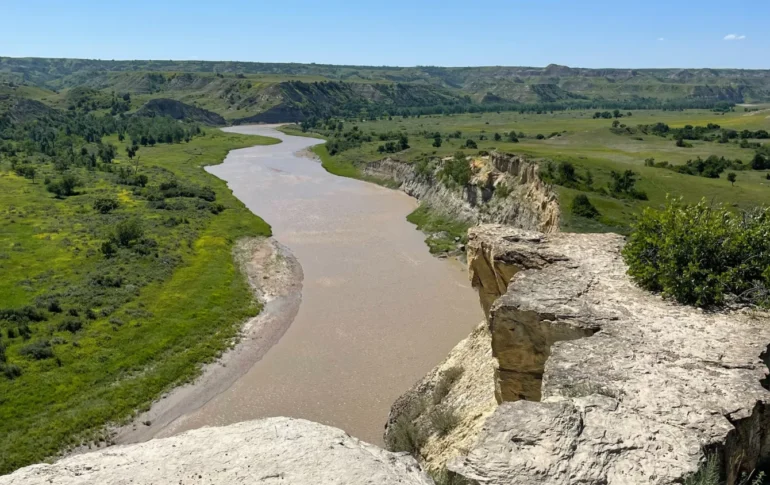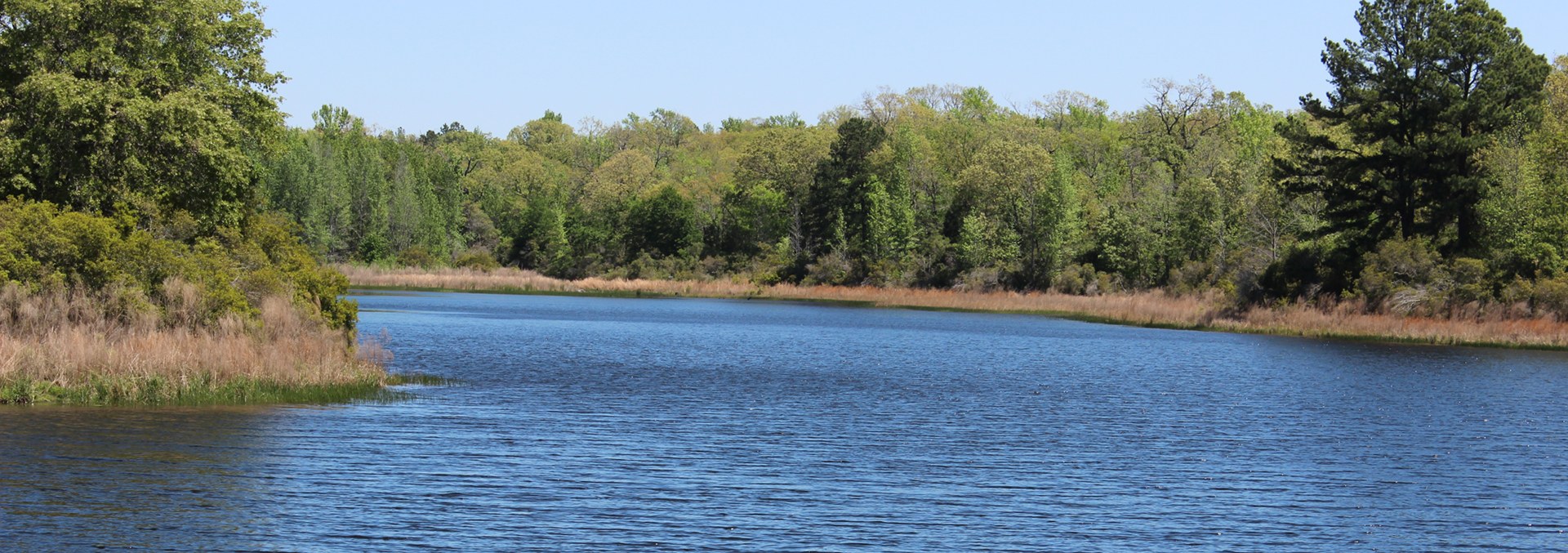Surface Waters Add Value to Land
By Jeff Boswell, Partner/Broker Associate, Republic Ranches
While the entire state of Texas has only one natural take over 1,000 surface acres, it has the highest overall acreage of surface water of any state in the country. Texans value their surface water, for the state is a relatively dry place overall. As an owner or prospective owner of rural property in Texas, trying to determine what value to place on surface water with respect to the overall value of the land can be critical in determining whether or not to move forward with building lakes and ponds, and the price offered on lands for sale with surface water.
In Texas, water laws can be confusing. Groundwater is owned by the landowner (in very general terms), while most surface water is owned by the state, with few exceptions. Dams may be built to impound water on a person’s land (as long as it does not hold over 200-acre feet of water, which requires a permit) for the personal use of the landowner, but that water may not be used commercially without a permit. It is also important to know whether the soil on one’s land can hold water without seeping so that a pond or lake won’t dry up during the long, hot summers.
Because Texas is a fairly dry state, good surface water has significant value and can add a lot to the price of a property. In studying this over the years, we have come up with some defined values on lakes and ponds and how they increase the overall price of property. While it varies somewhat due to geographic locations in the state, we have found some fairly consistent numbers to help landowners and potential land buyers make decisions on determining values of these water features.
In Texas, the size of a lake or pond has a significant effect on the value placed on it. Generally, that the larger the impoundment, the higher value placed on its surface acreage. Ponds under one acre generally do not make a significant value addition to a property (although properties with no ability to have even small ponds can have a negative effect). Lakes that are between one and 10 acres of surface water tend to carry additional values of $15,000 -$20,000 per surface acre. As you get over a 10-acre lake, the values will begin to increase to a valuation of between $20,000 -$25,000 per acre. These valuations are on top of whatever the general land price beneath the water was already calculated to be.
The variation in prices tends to be based on where the property is and the ability of the lake to hold water levels during the year. Properties in the northeast portion of the state, which are more conducive to building large lakes and holding water, tend to be on the lower end of the valuation. Properties with these water features in central and southern portions of the state tend to be towards the higher end of these valuations, as it is more difficult to build such lakes and hold water annually. The ability to keep reservoirs full throughout the year, whether through a spring-fed water feature or through the ability to use groundwater, causes the valuation to be on the higher end of these values.
Texas has a state law that any reservoir that holds over 200-acre feet of water (an acre-foot of water is a surface acre 1′ deep) must be permitted with the state. These permits are very difficult to get and only a small number of these lakes are built each year because of the high cost and permitting difficulties. The costs of the permitting can run as high as several million dollars. Because of this lack of supply of such permitted lakes these impoundments tend to fetch a high premium on the market. There is an exception to the maximum 200-acre foot rule that takes place if a lake does not receive runoff from a watercourse, but rather is leveed on all four sides and only gets water directly from water wells and rain. These lakes may be built without a permit and still bring premium prices.
Our overall studies of these properties sold over the last ten years helped us conclude that in almost every case, any lake built in Texas will ultimately bring more value than the cost of building them. While it can be a significant expense, landowners can be confident that the increase in the price of their property will outweigh the price of construction, while providing wonderful recreational opportunities for themselves and their families to enjoy.

Fay Ranches Named In Land Report’s
Best Brokerages for 15th Consecutive Year
Enduring Recognition Reflects Expertise, Trust, and a Commitment to Exceptional Land Brokerage Fay Ranches, a national leader in land real estate brokerage and advisory services, has once again been recognized by The Land Report as one of America’s Best Brokerages—marking its 15th consecutive year on the prestigious list. This enduring distinction underscores Fay Ranches’ consistent track […]

Discover the Charm and Opportunities of North Dakota
Are you considering a move but unsure where to settle? North Dakota, often overlooked by travelers and potential residents alike, offers a wealth of opportunities and a lifestyle to suit a variety of preferences. Whether you’re drawn to outdoor adventures, a slower pace of life, or expanding career opportunities, this charming state has something to […]



